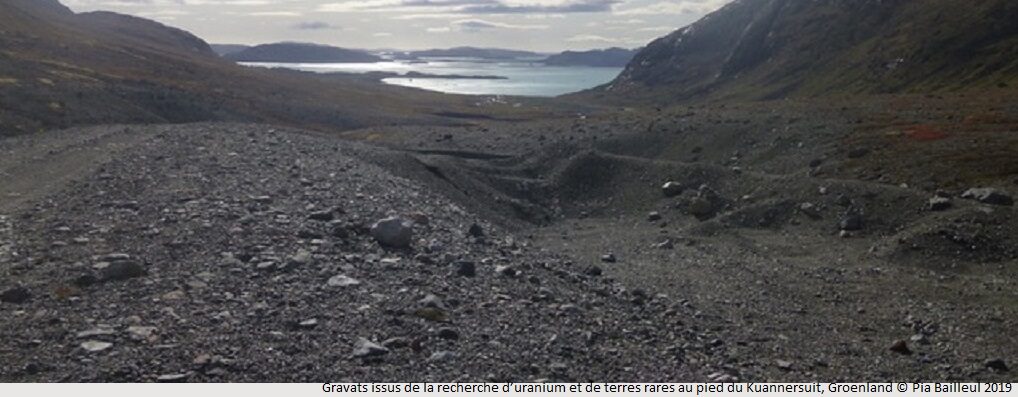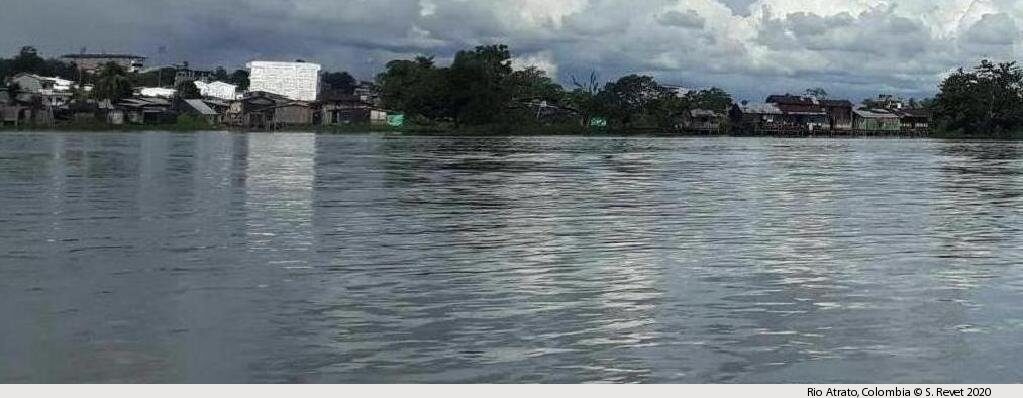
The project focuses specifically on litigations. Ethnographic fieldwork is conducted mainly in India, Colombia, Italy, the UK, the USA, Nepal, Sri Lanka, and China. We undertake in-depth interviews with local actors and legal experts, and work on archives and documentation including newspaper archives.

The combination of press articles, court records and narratives with the ethnography of courts and of court proceedings helps to contextualise the case observed in court from a historical and cultural point of view. It also helps to integrate the ‘rule-oriented’ filter of court interactions with the multiple discourses held by the protagonists of the case outside the courtroom.

Legal and cultural ideas travel around the globe not only via legal precedents, which connect animal and environmental cases together as well as transnationally, but also – even more widely and more quickly – via the press. National and international media capture the public attention and may, in turn, become a source of inspiration for both activists and legal professionals. For instance, the recognition by New Zealand’s legislation of Whanganui River as a legal person inspired a judgment on the river Ganges in India, which in turn is quoted by Steven Wise in the USA when arguing for legal status for chimpanzees and by the Colombian constitutional court with regard to the Atrato River – the attribution of ‘legal personhood’ being a common strategy for the protection of animals as well as the environment. The very nature of the issues addressed and the international scope of the debates make it crucial to combine localised case studies with a comparative perspective – this approach lies at the heart of the project.



















